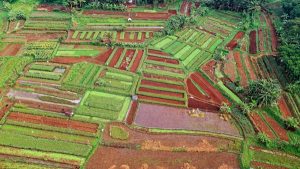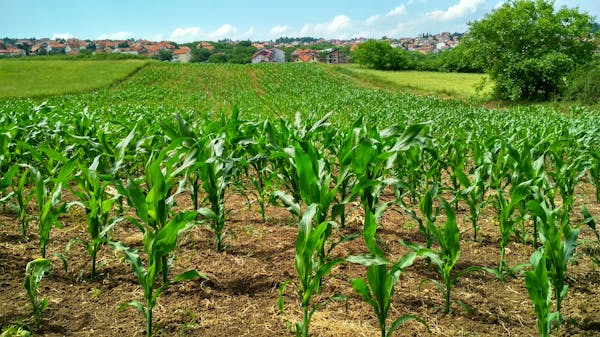The Rise of Agriculture in London
Table of Contents
Rise of Agriculture in London

The rise of agriculture in London represents a shift towards sustainability and community empowerment within the urban landscape. The urban landscape is simply known as the village side with country people live area or places. As the city continues to expand, innovative approaches to urban farming are transforming unused spaces into productive agricultural hubs or agricultural land and agriculture activities place. From rooftop gardens to community allotments, London people are reconnecting with the land and redefining the city’s relationship with food. The economic wise to agriculture in London gives a major impression and importance for the country’s development and agricultural achievements.
Key Aspects and Importance of Agriculture in London
1. Historical Roots
London’s agricultural heritage dates back centuries, with evidence of farming practices within the city limits since medieval times. However, as urbanization accelerated, much of the agricultural land was replaced by development. Nevertheless, recent years have seen a revival of interest in urban agriculture as a means of promoting sustainability and resilience.
2. Urban Farming Initiatives

Innovative urban farming initiatives are popping up across London, utilizing techniques such as hydroponics and aquaponics to grow fresh produce in unconventional spaces. Organizations like Grow Up Urban Farms and Farm Urban are leading the way, transforming rooftops and abandoned lots into thriving agricultural ventures.
3. Community Gardens and Allotments
Community gardens and allotments are playing a crucial role in London’s urban agriculture scene, providing residents with opportunities to grow their own food and connect with nature. Projects such as Capital Growth and the London Community Land Trust are working to expand access to allotment plots and community garden spaces, fostering community engagement and environmental stewardship.
4. Rooftop Gardens and Vertical Farms

London’s skyline is increasingly adorned with rooftop gardens and vertical farms, demonstrating the potential for agriculture in urban environments. The Sky Garden at 20 Fenchurch Street and the Farmiloe Building Rooftop Farm are just two examples of how rooftops can be transformed into productive green spaces, producing fresh fruits and vegetables for local consumption. Rooftop gardens in London have done complete setups which are handled by the owner of a house or garden keeper.
5. Local Food Movements
The rise of local food movements in London has bolstered support for small-scale urban farmers and producers. Farmers’ markets, food cooperatives, and community-supported agriculture (CSA) schemes provide consumers with access to fresh, locally-grown produce while supporting the local economy and reducing food miles.
6. Challenges and Opportunities
Despite the growing interest in urban agriculture, London faces challenges such as limited land availability and regulatory hurdles. However, these challenges also present opportunities for innovation and collaboration. Initiatives like Urban Growth and the London Food Board are working to address these challenges and create a more supportive environment for urban agriculture in the city.
7. Policy and Advocacy
Policy and advocacy are critical in shaping the future of agriculture in London. Organizations like Sustain and the London Food Strategy are advocating for policies that support urban agriculture, such as land-use planning reforms and incentives for rooftop farming. By working together, policymakers, advocates, and urban farmers can create a more sustainable and resilient food system for Londoners.
8. Educational Outreach

Educational outreach programs play a vital role in promoting food literacy and empowering communities to engage with urban agriculture. Schools, community centers, and nonprofits offer gardening workshops, cooking classes, and farm-to-school programs to educate people of all ages about where their food comes from and the importance of sustainable agriculture in London.
9. Environmental Impact
Urban agriculture has significant environmental benefits, including reducing carbon emissions, mitigating urban heat island effects, and enhancing biodiversity. By promoting green spaces and reducing the distance food travels from farm to fork, urban agriculture helps create a more sustainable and resilient city.
10. Economic Growth
In addition to agriculture in London and its environmental and social benefits, urban agriculture contributes to economic growth in London. The sector creates jobs, supports local businesses, and attracts investment in innovative agricultural technologies and practices. By harnessing the economic potential of urban agriculture, London can build a more inclusive and prosperous future for all its residents.




